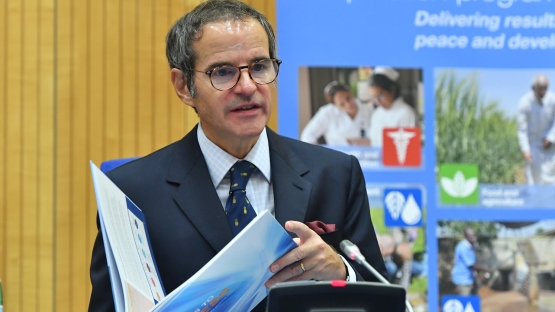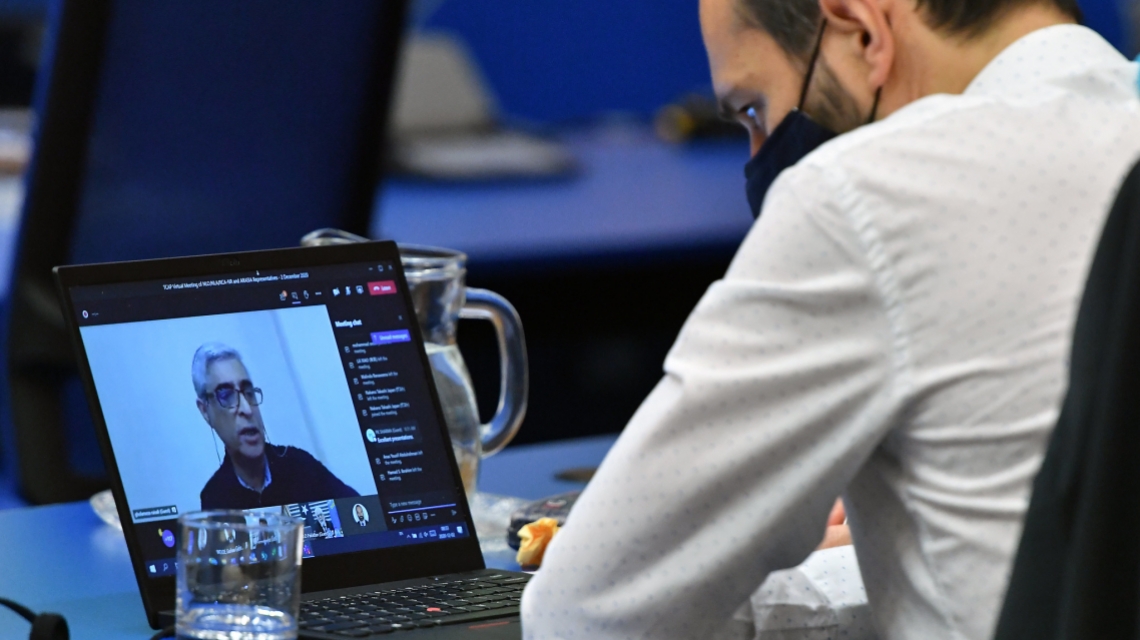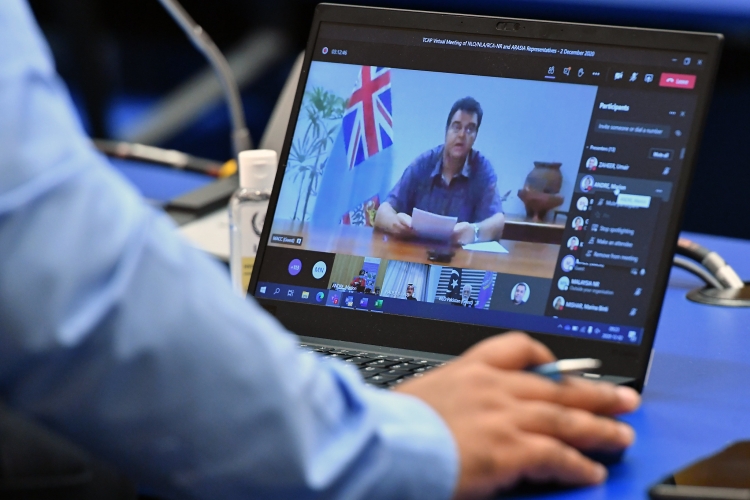On 2 December, during a Meeting of National Liaison Officers (NLOs) and other representatives from Asia and the Pacific, two new IAEA publications were launched, cataloguing the impact and success of the Agency’s technical cooperation (TC) programme.
Journeys to Success presents a collection of success stories, told by counterparts and experts in the region, which chronicle a litany of experiences and achievements realized through the programme. The second publication is as a first-of-its-kind Socio-Economic Impact Assessment, developed by the State Parties to the RCA Agreement on their Crop Mutation Breeding Programme.
“Our technical cooperation programme has made a huge contribution over the decades. And nowhere is that more visible than in the many journeys to success presented in this book,” said Director General Grossi.
Referring to the RCA Impact Assessment, Mr Grossi said, “The report found that the key impacts of research conducted through RCA mutation breeding projects included increased food production, enhanced environmental protection, strengthened regional capacity and capability, and economic impacts.”
“Your journeys and achievements in the use of nuclear technologies for development are something that we can all be proud of,” said Deputy Director General Dazhu Yang, “The Journeys to Success compendium records these journeys and promotes what we can achieve together through the TC programme. These experiences will inspire others to emulate, innovate further and forge new partnerships.”








